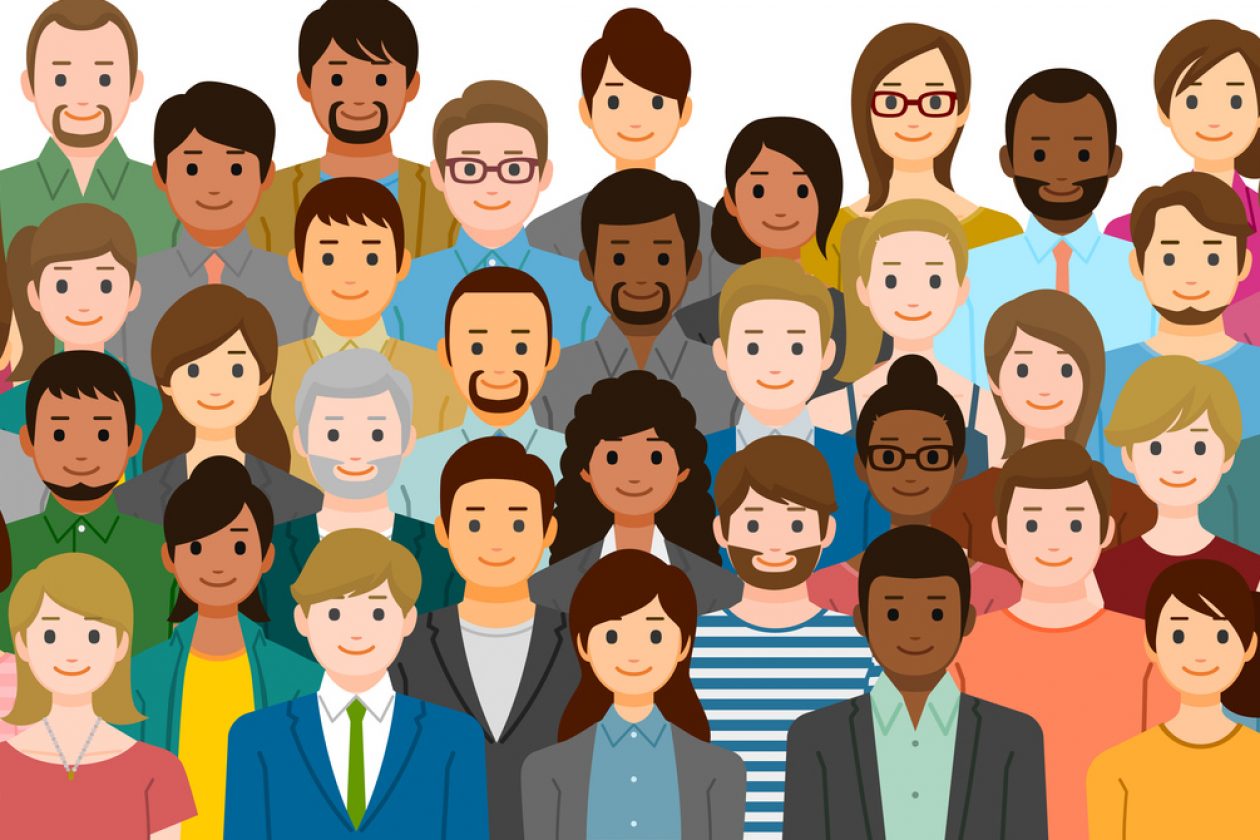Interview conducted by Maria Soledad Paz.
The interview was carried out on April 4th 2019 at the office of Amnesty International in Helsinki. I interviewed Frank Johansson, Director of the Finnish office of Amnesty International.
I began my interview by asking about how he got involved with Amnesty. His story with Amnesty began when he was a volunteer member, part of the local group while he was studying Journalism. At the same time he also became a volunteer who assisted with the Amnesty magazine. Later, he left Finland for to travel abroad for a couple of years. During that time, he was not involved with Amnesty at all. After some years, he came back to Finland just when Amnesty was looking for a press officer. He applied and he got the position as the press officer for six years. Later, the board of Amnesty asked him to be the director while in the middle of a crisis situation. That was in 1996. He has been the Director of Amnesty for 23 years.
He also mentioned that when he joined Amnesty, the office in Finland was quite small with about five thousand supporters and five staff workers. Nowadays the situation is quite different, the active supporters are about forty thousands supporters and twenty-seven staff workers. Regarding the situation in the Nordic countries, Finland is still behind the offices in Norway, Denmark and Sweden in terms of support.
Next I asked him about his main tasks and responsibilities as a Director of Amnesty. He mentioned that his main responsibility is to make sure the office runs smoothly. Moreover, he is the direct line manager of four team leaders who are in charge of organizing the office. He is also the official spoke-person for Amnesty that means he is quite often interviewed by media. At the same time, he needs to speak publicly for instance, when Amnesty is doing some lobbying in the Parliament. Another responsibility is to check and participate in financing and campaigning. He also has international responsibilities by being the contact person with Amnesty International and going to international meetings linked to Amnesty International so sometimes he needs to go abroad and deal with issues of Human Rights outside Finland.
I asked him next about what are the main skills needed in this job. He said that to work for Amnesty means that one need to have some special skills, for example, lawyers doing advocacy, journalists as press officer, accountants are quite needed. For him, as a Director, the important think is to be able to have a mixture of different skills. It is also important to know and have a sense of what Human Rights are, what do we mean by human rights, what are the main components of doing advocacy for human rights. In the end, it comes down to communication skills that are very important, both inside the office with all Amnesty staff and also with the outside when speaking publicly on behalf of Amnesty. This means that soft skills are quite relevant, to be able to read and understand situations with people when doing advocacy, to understand the people we are trying to influence. Persistence is also important, not to be chattered by slight setbacks. Human Rights work is a long time process. We have had projects in Finland that can last more than 15 years. Examples of these projects are in Finland the project about domestic violence against women and, internationally, the UN Arms Trade treaty that entered into force in 2014.
As a third question I asked him about the favourite part of working for Amnesty. He mentioned that he really enjoys speaking in public representing Amnesty. He said he likes creating stories, talking, narrating stories. Being a journalist himself, the communication aspect is quite important so going outside and spreading Amnesty’s message to the world is very relevant. Finally, I asked about his opinion on how multicultural the Amnesty team in Finland is? He pointed out that Amnesty International is quite multicultural. However, he also said that the Finnish office unfortunately is not, mainly because of language. He hopes that that this would change in the future.
To conclude, I asked him about how he sees the future of Amnesty here in Finland, and if he thinks it can grow and have more supporters.
He mentioned that Amnesty now has about forty thousand supporters, but still there is room for growing. He pointed out that when it comes to media and government, Amnesty has a strong presence there. But it needs more public support to be able to have more influence. If you can have a hundred or two hundred thousands more, then they would have more influence on topics related to Human Rights.
He finally said that they also need people who are already supporters of Amnesty, to talk about the organization within the different communities, especially since during the last 6 years the hate speech against immigrants and refugees has grown and become quite aggressive.
